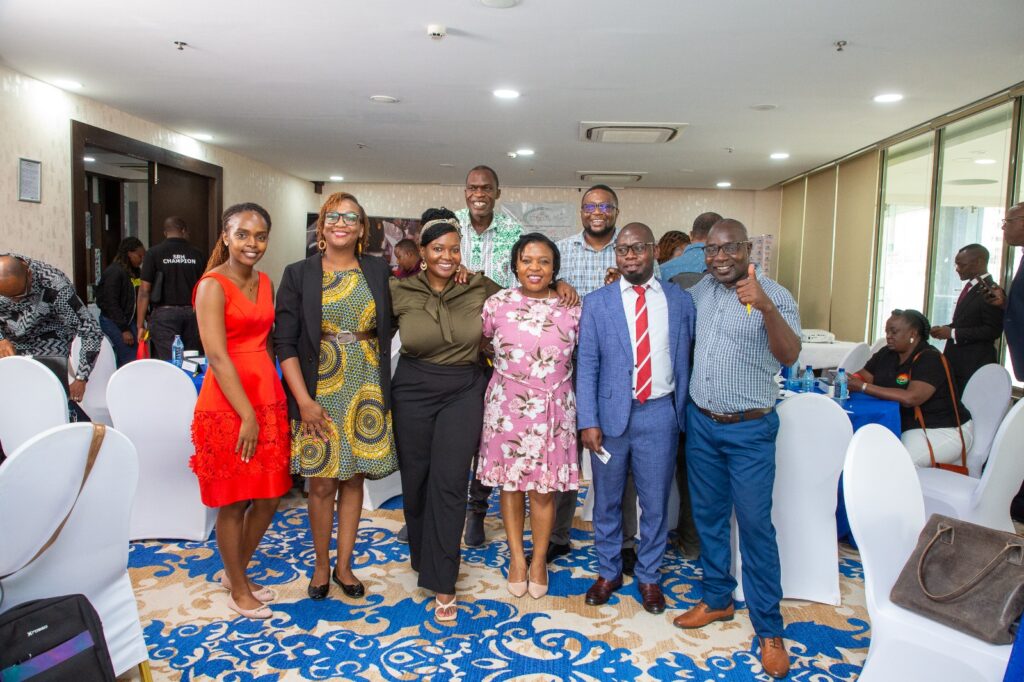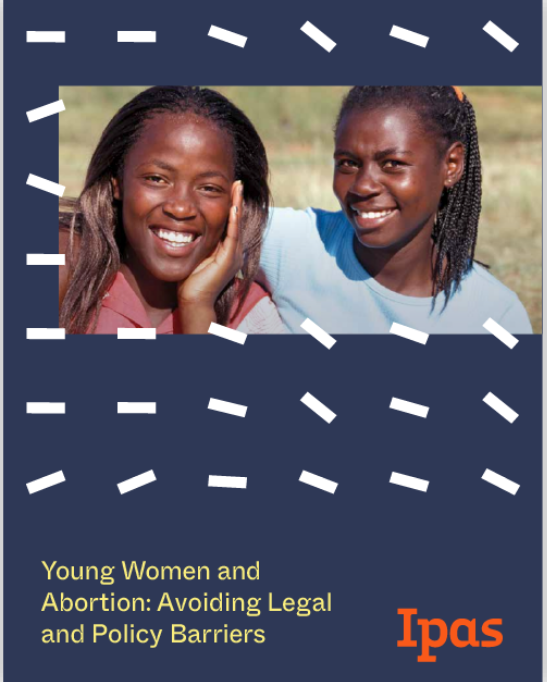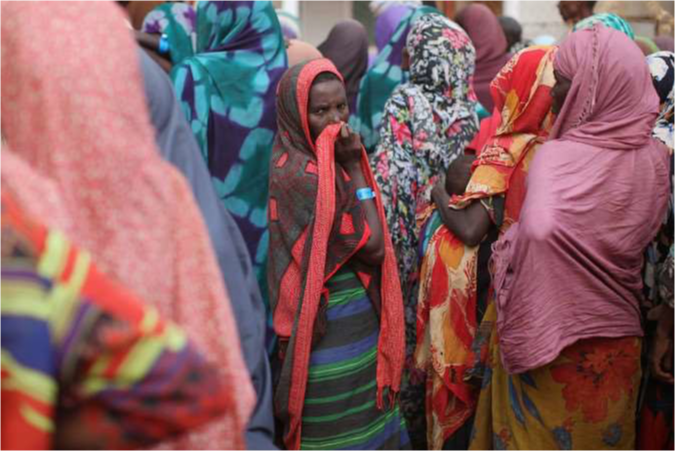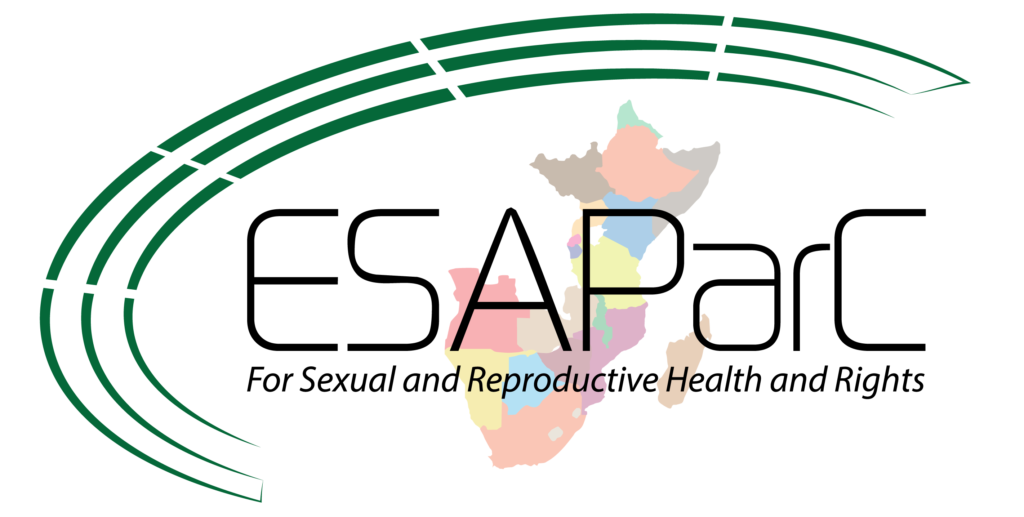

Who We Are:
Founded in 1973, Ipas is a global health and rights pioneer and the only international organization solely focused on expanding access to abortion and contraception. Reproductive justice – the human right to make decisions about one’s body, including the decision to prevent or end a pregnancy – is our guiding commitment. Safe abortion and contraception are critical for women, their communities, and for democracies to thrive. When a person can make safe, informed reproductive choices, she is empowered to shape her own future and participate fully in her community.
We know that complex factors in a person’s country, community, and personal life intersect in ways that impact their control of their reproductive health choices. Today, Ipas focuses on ensuring a

-
Ipas’s Vision
A world where all people have the right and ability to determine their own sexual and reproductive health.
Ipas’s work is guided by our Sustainable Abortion Ecosystem framework. Ipas country teams budget and tailor programs to their country context, while remaining aligned with the larger organizational mission. With our partners, Ipas assesses and then prioritizes the most effective approaches in a given location, while taking into account the full ecosystem in which women and girls make abortion decisions.
Our diverse partners include government ministries, local community- based organizations, and international organizations. Ipas does not directly provide medical services, but rather works within health systems. This model promotes sustainability and strengthens health systems overall.
Where We Work:
- Africa: Africa Alliance (based in Kenya, also working in Uganda and with regional East African partners), Democratic Republic of the Congo (DRC), Ethiopia, Francophone Africa (Benin, Burkina Faso, Cameroon, Côte d'Ivoire, Guinea, Madagascar, Mali), Mozambique, Nigeria, Southern Africa Program (Malawi, South Africa, Zambia)
- Asia: Bangladesh, India (where we partner with the Ipas Development Foundation), Indonesia, Myanmar, Nepal, and Pakistan
- Latin America and the Caribbean: Argentina, Bolivia, Chile, Colombia, Ecuador; Central America and Mexico Region (working in Costa Rica, El Salvador, Guatemala, Honduras, Mexico, and Nicaragua).
-
Our Strengths:
Our organizational structure centers local control and expertise, as part of our commitment to decolonize global health and our role in it. Ipas has always been led and staffed by local nationals, which ensures strong relationships with stakeholders. Right now, Ipas is also in the process of shifting power away from its US office to a networked system of shared leadership. 2
Ipas’s focus on public health systems and abortion self-care ensures we reach the women and girls most in need and deliver woman-centered abortion care. Women who are disabled, poor, young, lack literacy skills, or are otherwise marginalized face the most extreme barriers to realizing their sexual and reproductive health and rights. When safe abortion options aren’t readily accessible, the most vulnerable are likely to pay with their health and lives. 3) We work on abortion in the most restrictive and challenging settings, including areas experiencing humanitarian crises. Our work with Rohingya refugees in Bangladesh is a model for integrating abortion and contraception into humanitarian and climate event responses. We manage legal risk and stigma in crisis settings and support actual provision of abortion services.

Displaced people at Dadaab Refugee Camp as Severe Drought Ravages East Africa ©Oli Scarff/Getty Images News/Getty Images
